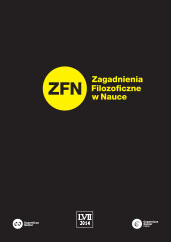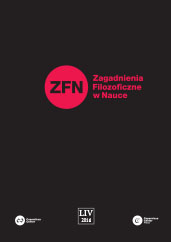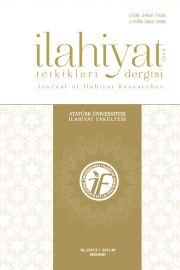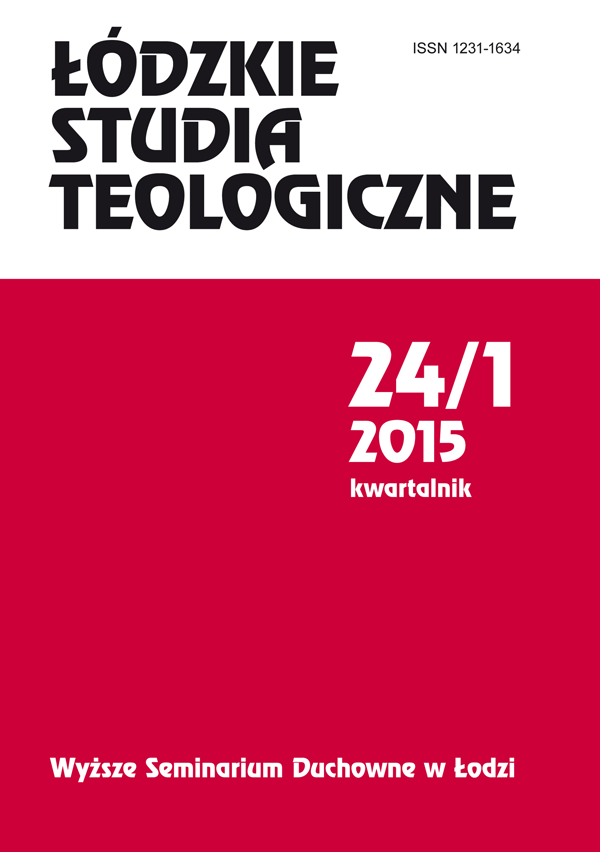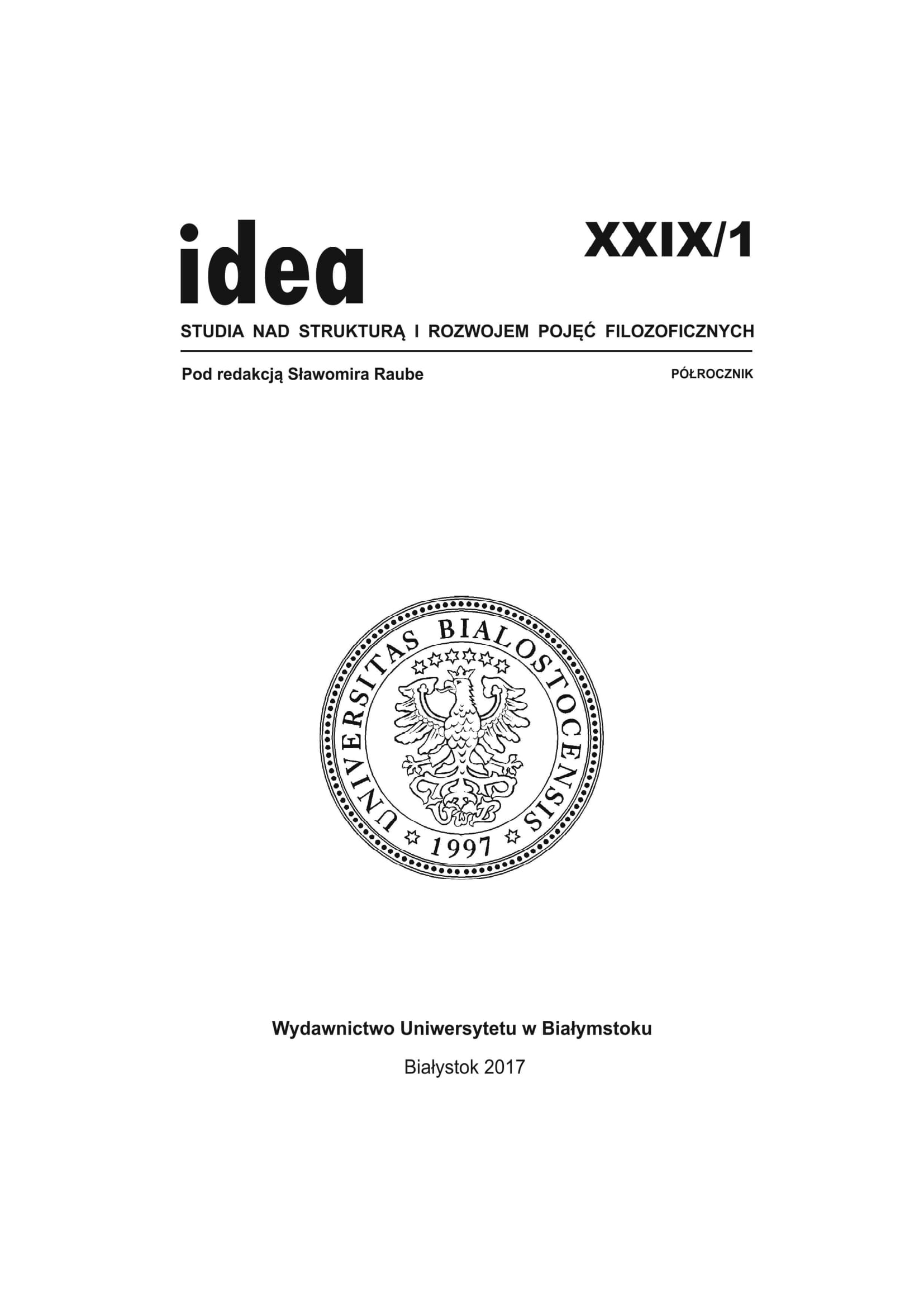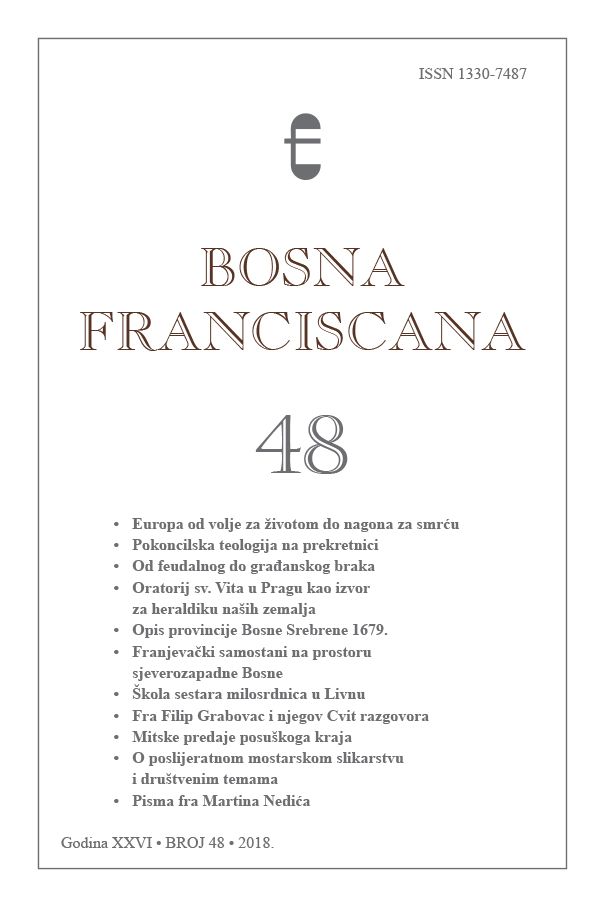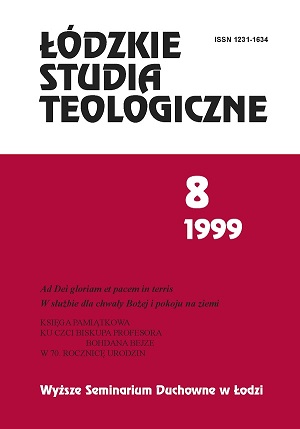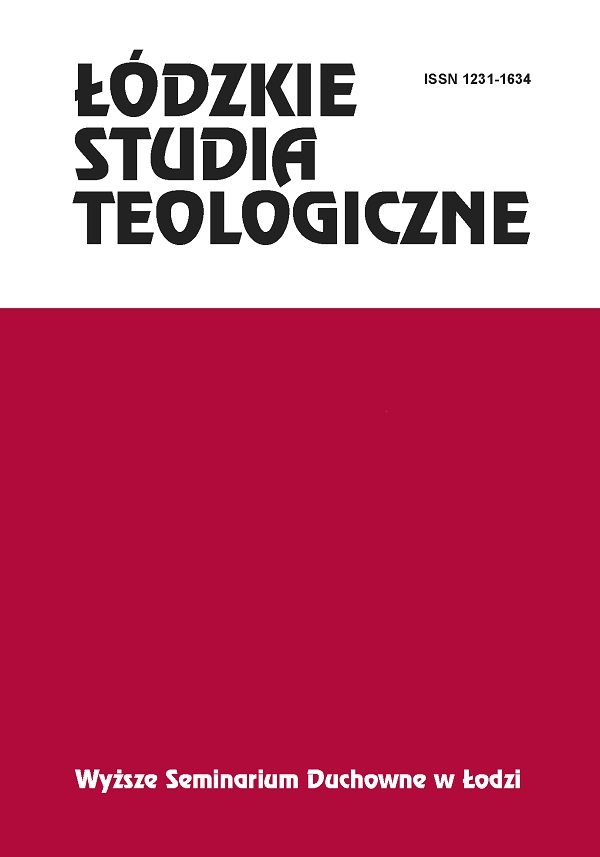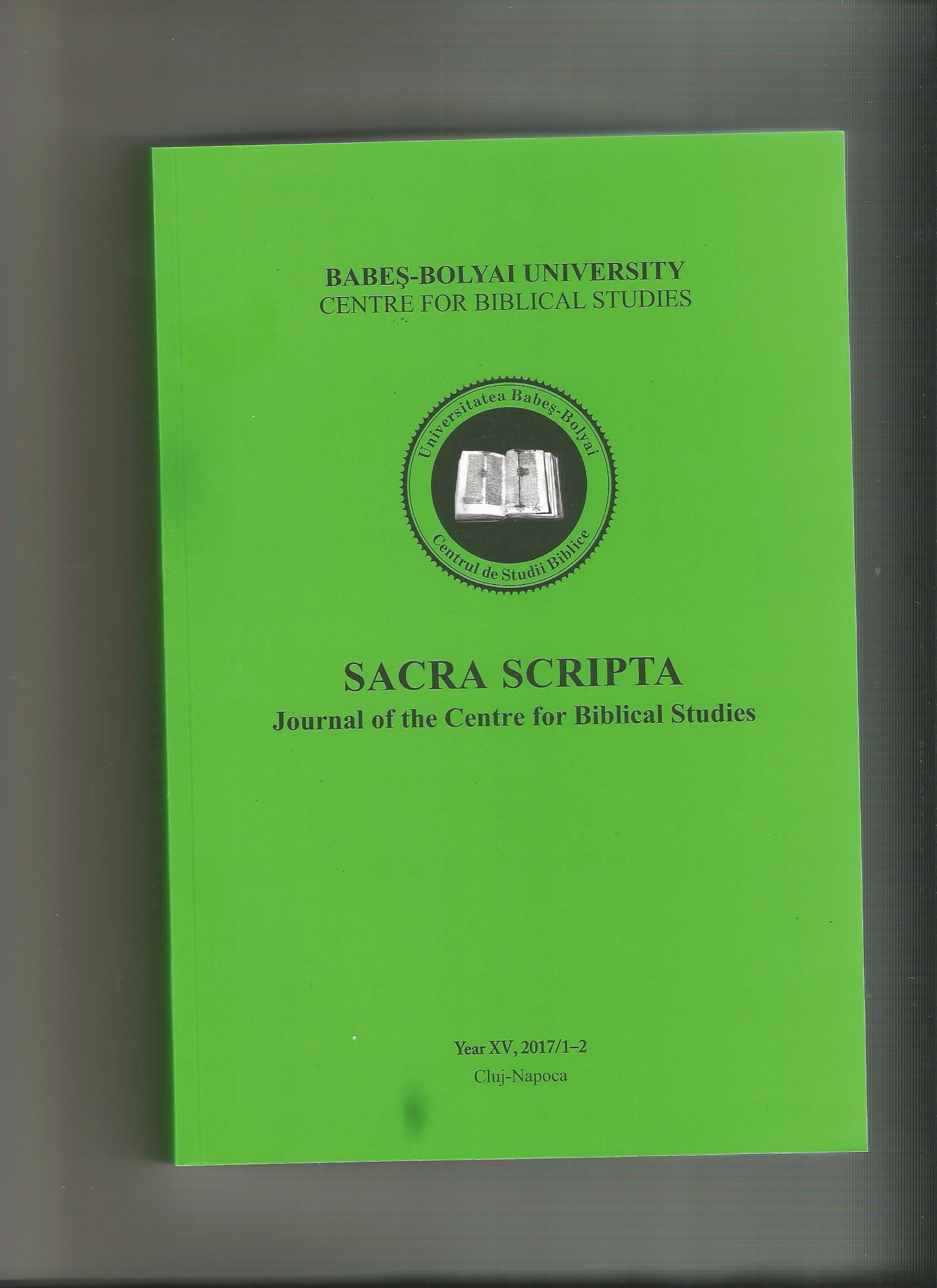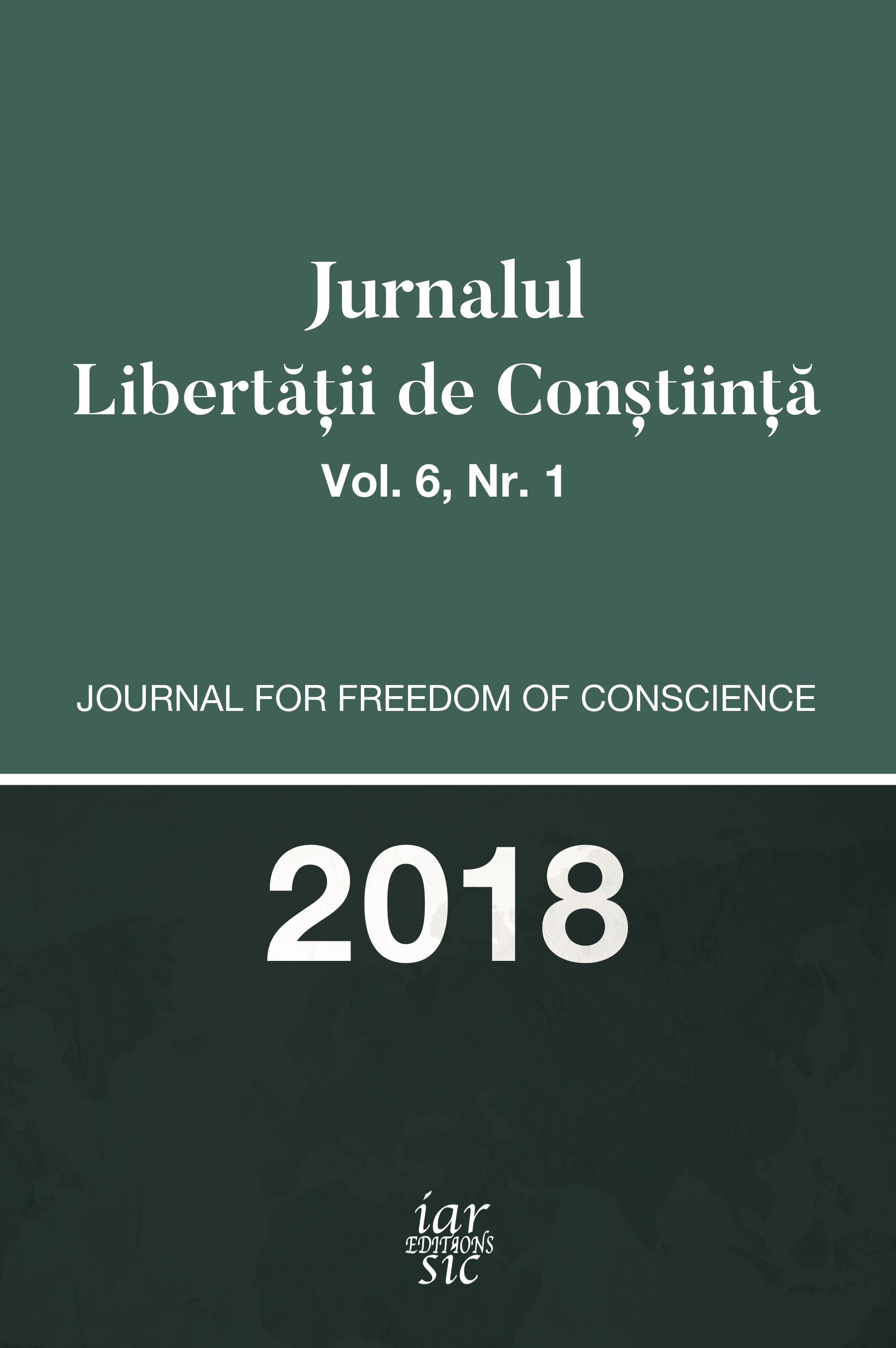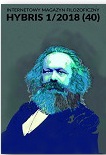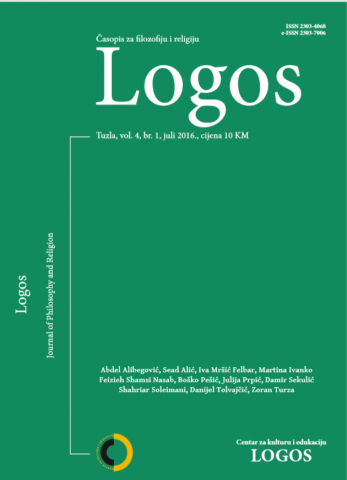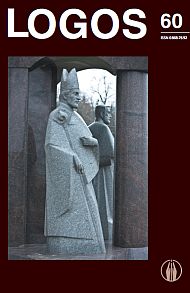
Atsižadéti ≠ Išsižadéti
The article discusses the chapter "About the awakened monk" from D. Kajokas' book "Idlenesses". It discusses the problem of repudiation. If God will help the monk, the monk will abdicate the most precious thing in his life. God helps him and in a presence of terrified brothers, the monk forsakes Jesus Christ and starts the journey to wide world. The article analyses the difference of two concepts: forsake and tergiversate. These concepts are analyzed in a biblical context. We can read about the consequences of the tergiversating of Christ in the Gospel of Matthew: "Whosoever therefore shall confess me before men, him will I confess also before my Father which is in heaven. But whosoever shall deny me before men, him will I also deny before my Father which is in heaven" (Mt 10, 32-33). The monk does not tergiversates Christ, but forsakes him. So, Christ can not tergiversate the monk, although the monk forsook him in a presence of brothers. Forsaking is not equal to tergiverating. For those who forsake, the return to Christ is not yet closed, but for those who tergiversate, the return is closed.
More...
